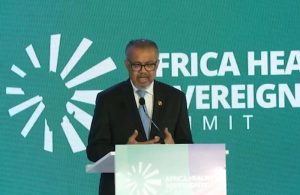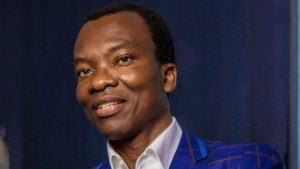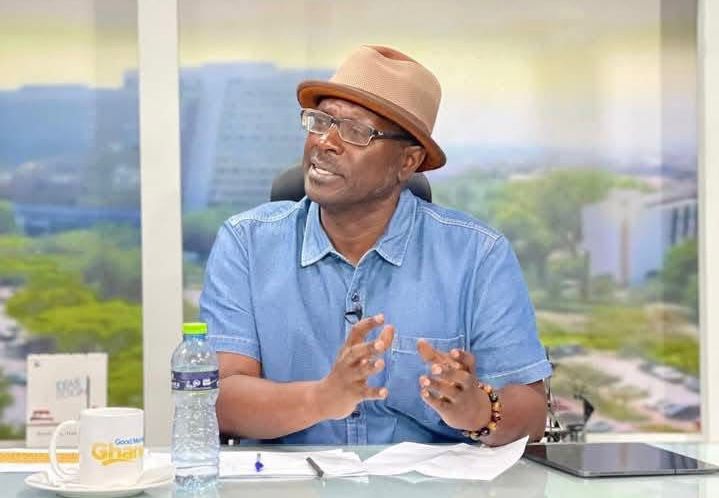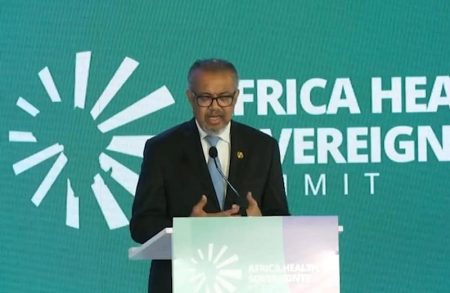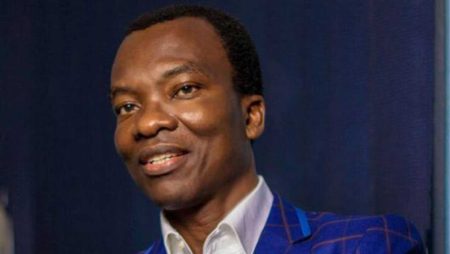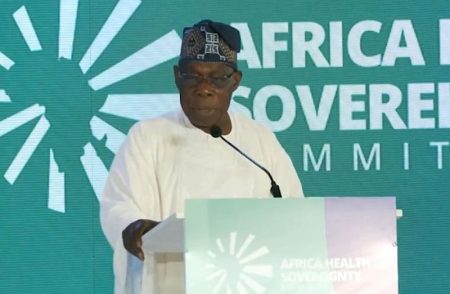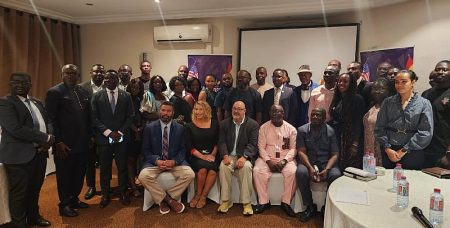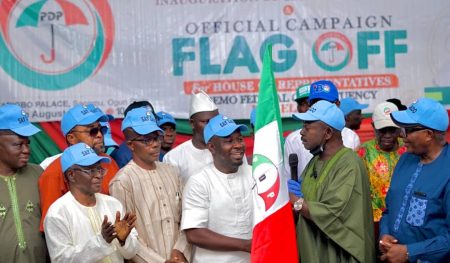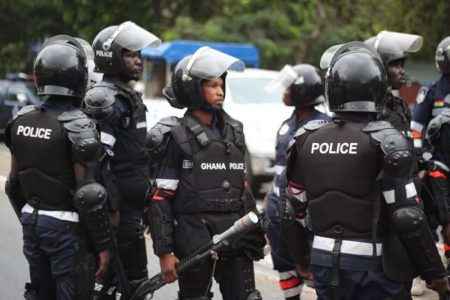The normalization of electoral violence in Ghana has become a deeply concerning trend, lamented Professor Stephen Kwaku Asare, a prominent legal scholar and social commentator. Despite repeated condemnations from political figures and the general public following each incident, a pattern of inaction has emerged, creating a dangerous cycle of violence followed by empty rhetoric and a lack of meaningful consequences. This cycle, Professor Asare argues, not only fails to address the root causes of the problem but effectively grants permission for future acts of aggression, allowing political factions to regroup and prepare for the next eruption of violence.
Professor Asare points to a disturbing history of electoral violence in Ghana, marked by incidents where accountability has been sorely lacking. The 2000 clashes in Bawku, the violence that marred the 2019 Ayawaso West Wuogon by-election, and the fatalities during the 2020 general elections serve as grim reminders of this recurring problem. In each instance, the initial outcry and condemnation were not followed by significant legal action or systemic reforms to prevent future occurrences. More recently, the Ablekuma North rerun election further highlighted this worrying trend, plagued by reports of vote-buying, intimidation, and assaults on journalists and women. This continued pattern, Professor Asare contends, stems from a culture of impunity and a lack of political will to enforce existing laws and hold perpetrators accountable.
The lack of accountability for electoral violence has far-reaching consequences, eroding public trust in the democratic process and undermining the integrity of elections. When violence becomes a predictable feature of the political landscape, it discourages citizen participation, particularly among vulnerable groups who are most likely to be targeted. This can lead to a skewed representation of the electorate and further entrench the power of those willing to resort to violence and intimidation. The chilling effect on freedom of expression and the press also contributes to a climate of fear and self-censorship, hindering open and transparent political discourse.
The cycle of violence, condemnation, and inaction, as described by Professor Asare, perpetuates a dangerous narrative that normalizes aggression and undermines the rule of law. The absence of consequences emboldens perpetrators and sends a clear message that violence is an acceptable tool in the political arena. This normalization of violence not only threatens the stability of the country but also erodes the very foundations of democracy, undermining the principles of free and fair elections. Furthermore, the repeated cycle of violence can lead to escalating tensions between communities and political factions, potentially fueling long-term instability and conflict.
To break this destructive cycle, Professor Asare proposes a series of concrete recommendations. These include stricter measures to control the presence of weapons near polling stations, advocating for a ban on weapons within a 500-meter radius. He also calls for decisive action against vigilante groups, often affiliated with political parties, who engage in intimidation and violence. Empowering the police to enforce electoral laws without political interference is crucial, ensuring that law enforcement can act impartially and hold perpetrators accountable regardless of their political affiliations. He further emphasizes the importance of implementing systemic reforms that address the root causes of electoral violence, promoting peaceful political engagement and fostering a culture of respect for democratic processes.
Beyond these specific measures, addressing the underlying issues that contribute to electoral violence is paramount. This includes tackling issues such as poverty, unemployment, and inequality, which can create a fertile ground for political manipulation and violence. Promoting civic education and fostering inter-community dialogue can help build trust and understanding, reducing the likelihood of conflict. Equally important is the strengthening of independent institutions, such as the electoral commission and the judiciary, to ensure their impartiality and effectiveness in upholding the rule of law. Ultimately, creating a culture of peace and respect for democratic principles requires a concerted effort from all stakeholders, including political parties, civil society organizations, and citizens themselves. Only through such collective action can Ghana hope to break the cycle of violence and build a truly democratic and peaceful future.


